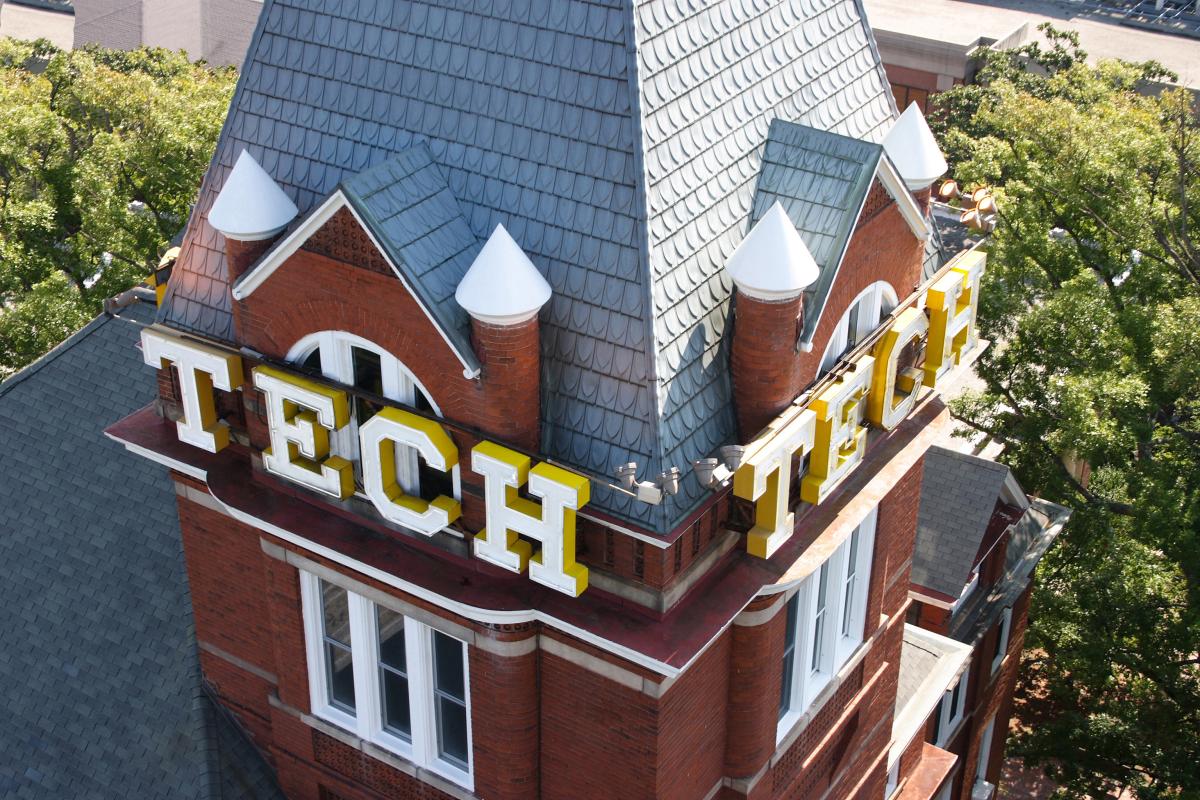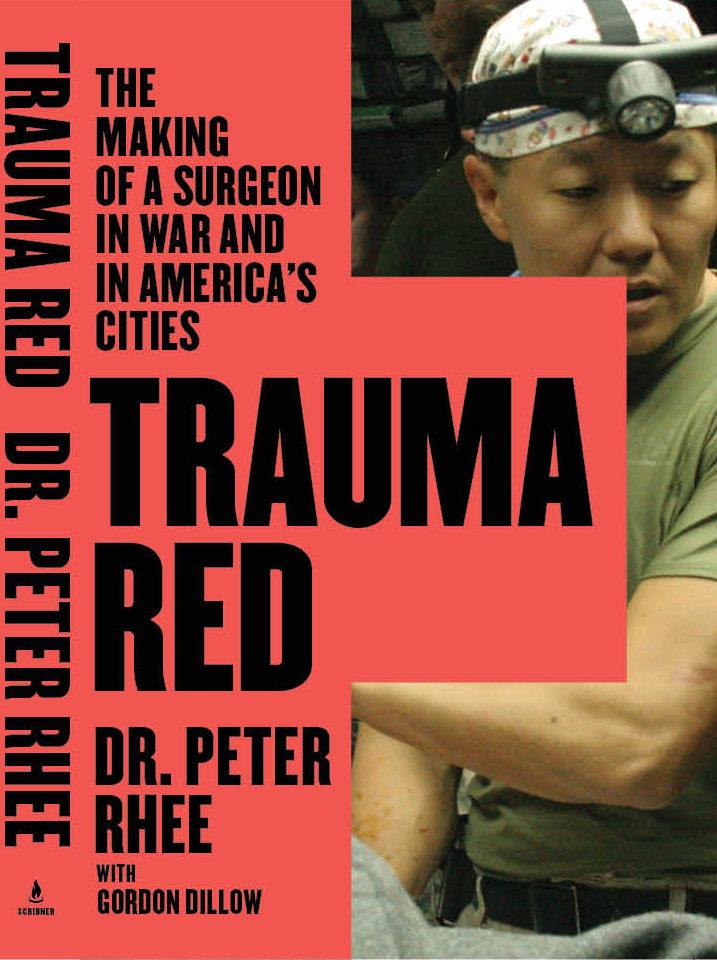
The book, "Trauma Red: The Making of a Surgeon in War and in America’s Cities" chronicles the patient cases he has handled over two decades on two distinct fronts – in Iraq and Afghanistan, where he served as a frontline U.S. Navy surgeon, and the urban zones of Los Angeles and Washington, D.C., where he has been confronted by an endless stream of victims of civilian violence and accidents.
In his book, Rhee recalls the fateful day of being called into work on 10 gunshot victims from a man who opened fire on a crowd of people at a local supermarket. One of the victims was Congresswoman Gabrielle Giffords. It was a day the nation would never forget, but for Rhee, it was also just another day on the job.
Competent and tough, he spent his childhood in South Korea and Uganda, where he once watched his surgeon father remove a spear from a man’s belly. This incident was the turning point in his life motivating him to pursue a lifelong interest in patient care.
Rhee is now the Chief of Trauma, Surgical Critical Care, Burns & Emergency Surgery as well as the Marin Gluck Professor of Surgery at the University of Arizona.
He gracefully balances his demanding career as a world-renowned surgeon with an active research agenda and teaching load. His days, he said, are long and arduous but also very rewarding.
“A typical day is not typical for me. I had no idea that I would be working as an academician, and that means that there is a lot of travel involved for conferences and symposiums as well as from a regulatory point of view. The clinical job is my savior, as that is when I get to do professionally what I was trained to do and love to do. The daily workload includes patient care, meetings to improve the systems in the hospital as well as teaching and constant innovating and problem solving,” Rhee says.
When asked if his Georgia Tech degree in health systems has helped him in his career, he said, “I have an upper hand on the health care system and the issues globally than the other surgeons who did not have this degree. The systems approach that I learned at Georgia Tech helps me tremendously as I work towards developing a more efficient patient-based system to deliver not only trauma care but health care to all the patients treated at this hospital. It has also been of great benefit to me as I work at the national level to improve health care.”
